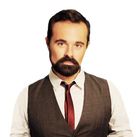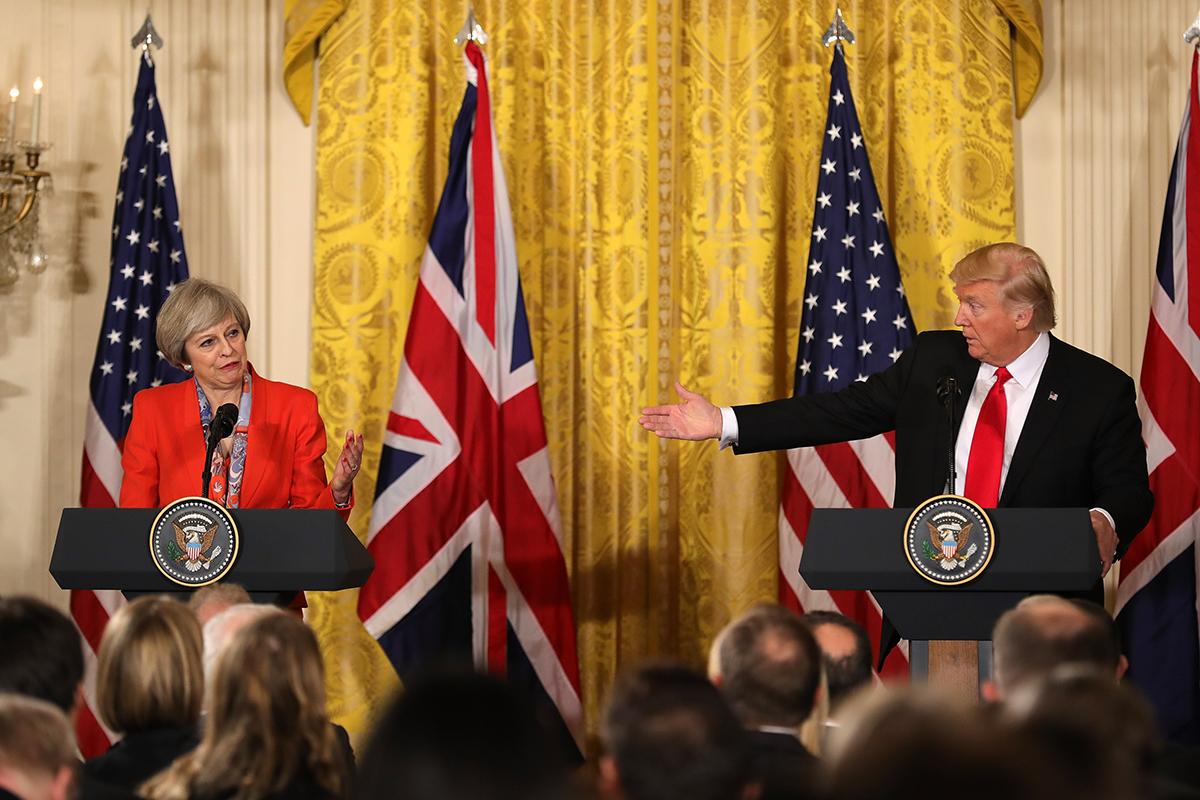The thaw in US relations with Russia offers a chance to fight terror together
The time has come to end this vicious spin cycle of mutual suspicion, though rebuilding trust won’t be easy


Your support helps us to tell the story
From reproductive rights to climate change to Big Tech, The Independent is on the ground when the story is developing. Whether it's investigating the financials of Elon Musk's pro-Trump PAC or producing our latest documentary, 'The A Word', which shines a light on the American women fighting for reproductive rights, we know how important it is to parse out the facts from the messaging.
At such a critical moment in US history, we need reporters on the ground. Your donation allows us to keep sending journalists to speak to both sides of the story.
The Independent is trusted by Americans across the entire political spectrum. And unlike many other quality news outlets, we choose not to lock Americans out of our reporting and analysis with paywalls. We believe quality journalism should be available to everyone, paid for by those who can afford it.
Your support makes all the difference.How much should be read into a new President’s Oval Office decor is impossible to say, but much may hang on the meaning of Donald Trump's. I refer not to the fresh gold drapes but to the return of the Churchill bust that he proudly displayed to Theresa May during her visit to the White House. It could be that its reinstatement is merely a nod of thanks from President Trump to Nigel Farage or a gesture of goodwill toward his Scots-born mother’s homeland.
Yet those of us who believe the future of global security depends on Trump thawing the permafrost with Russia will prefer to see it as a ray of tentative sunshine in a very dark sky.
Remember that Winston Churchill was no more an unreconstructed admirer of the Soviet Union than May is of Vladimir Putin’s modern-day Russia. The man who described Russia as “a riddle wrapped in a mystery inside an enigma” and later foresaw a curtain of a baser metal than gold falling across Europe, famously from Stettin in the Baltic to Trieste in the Adriatic, was no naif. But he was earlier willing to form an alliance with Stalin to overcome an existential threat. As Churchill said after Germany invaded Russia in 1941, and these two powers found themselves in an unlikely alliance: “If Hitler invaded hell I would make at least a favourable reference to the devil in the House of Commons."
Today, the democratic world faces its gravest existential threat since the Cold War. Or, if you believe the danger of thermo-nuclear annihilation was exaggerated, since that struggle against the axis powers in the Second World War.
While some progress has been made in disrupting Isis in Syria, only last week it carried out mass executions amid the desecrated ancient ruins of Palmyra. Isis and its affiliates will not be easily erased. Its poison seeps far beyond the Middle East.
Buffeted by a desperate diaspora of refugees, Europe faces deepening turmoil. France, hurt by its own encounters with horror, threatens to send Marine Le Pen to the Élysée Palace. In Germany, Angela Merkel faces punishment at the polls for her compassion towards the migrants. America has suffered atrocities perpetrated in the name of Isis and fears that more may come. The freedoms and the sense of security we once took for granted are being taken from us.
Surely these dangers are clearer and more present than that of nuclear war? Yet the Cold War mentality endures in Washington. To Congress and the Pentagon, the gravest threat comes not from those who pervert the teachings of a great religion but rather from Russia. It is an outdated mindset that refuses to loosen its grip more than a quarter century after the Berlin Wall fell.
Whether due to that anachronistic dogma or because their careers depend on a deliberate misreading of the geopolitical runes, America’s political and military classes will try to block any Trump-Putin embrace, citing cyber interference in the election and the occupation of Crimea as twin disqualifiers of an alliance that offers our best hope of crushing Islamist terrorism. They will say Putin means to invade the Baltics as the next stage of a master plan to recreate the Soviet Union, never mind that his teetering economy is in no shape to do so.
Although I was born and spent my earliest years in Moscow, I make no claim to special insight. “I cannot forecast to you the action of Russia,” was how Churchill put it in his enigma speech. Nor can this Russian émigré. But the high priest of realpolitik said this when asked just this week if he agreed with Joe Biden that Putin’s main aim is to destabilise the West. “No,” replied Henry Kissinger. “We are worried that this is his objective. He is worried that our objective is to undermine him.”
The time has come to end this vicious spin cycle of mutual suspicion. Rebuilding trust won’t be easy. Accommodations would have to be made and sealed at a suitably trumpeted summit or conference. Yalta II, even: Putin agreeing to respect Ukraine’s borders, the West conceding Russia’s right to Crimea.
A dime-bag panacea for all that challenges global security it would not be. But whereas Hillary Clinton so eagerly engaged in retro-Cold War brinkmanship, Trump presents the chance for a new start, to bury the paranoid perception of Putin as a rapacious imperial crusader and to work with him against a shared threat.
“Perhaps there is a key,” Churchill intoned. “That key is Russian national interest.”
Indeed. And today its national interest is also America’s – destroying Islamist terrorism.
Trump should resist the reflexive negativity typified by John McCain and others. If he wants to offer Russia the respect it has been denied, if he regards Putin as a man he can do business with – as Margaret Thatcher did Mikhail Gorbachev – he should be encouraged.
“A pessimist sees the difficulty in every opportunity,” Churchill said. “An optimist sees the opportunity in every difficulty.” Today there is an opportunity of forging a mutually beneficial relationship with Russia. Let us be optimists and seize it.
Evgeny Lebedev is the owner of The Independent and the London Evening Standard. He is Russian by birth and a naturalised British resident by choice
Originally published in the Washington Times
Join our commenting forum
Join thought-provoking conversations, follow other Independent readers and see their replies
Comments